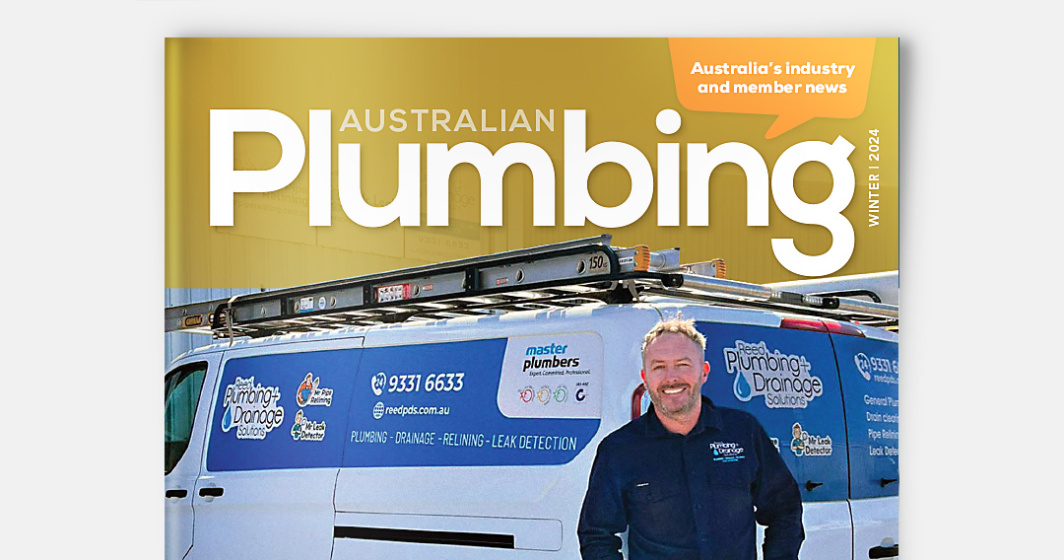The topic of energy continues to dominate our headlines. From supply, to cost, to security, to the green transition, it can be incredibly difficult to navigate the barrage of data, political announcements, media articles and rhetoric. For those of us whose livelihoods depend on it, a clear, practical, and well-supported pathway is critically needed.

Last month, the Federal Government released its Future Gas Strategy, mapping its plan for “how gas will support our economy’s transition to net zero in partnership with the world”. The strategy (www.industry.gov.au) adopts six principles listed below. These should provide a practical and forward-looking policy framework for the energy industry, but unfortunately if you live in some jurisdictions like Victoria, ACT and NSW, you could be forgiven for thinking some governments are blind to real world transition issues.
- Australia is committed to reach net zero emissions by 2050.
- Gas must remain affordable for Australian users throughout the transition to net zero.
- New sources of gas supply are needed to meet demand during the transition.
- Reliable gas supply will gradually and inevitably support a shift towards higher-value and non-substitutable gas uses. Households will continue to have a choice over how their energy needs are met.
- Gas and electricity markets must adapt to remain fit for purpose throughout the energy transformation.
- Australia is, and will remain, a reliable trading partner for energy, including Liquefied Natural Gas (LNG) and low emission gases.
The Federal Budget, also released in May, brought with it some relief for businesses and our industry. The extension of energy bill relief is welcome, and the extension of the instant asset write-off will help some businesses. However, the budget contains limited measures to address the surging impact of red tape
on small business.
Measures to address skills shortages included a short-term extension to some apprenticeship incentives over the next 12 months and support for apprentice training in the clean energy, manufacturing and construction industries. However, more is needed. Master Plumbers has put our concerns on the agenda, through our national body Master Plumbers Australia and New Zealand, in response to the Strategic Review of the Australian Apprentice Incentive System being conducted by the Federal Department of Employment and Workplace Relations. The work our members do is mission critical in terms of supporting our infrastructure targets, the energy transition and climate change adaptation more broadly. Establishing, growing, and filling that skills pipeline is critically important and under the current training and industry frameworks, the pipeline relies on apprenticeships. Experience has taught us that incentives work.
In our submission, we have called for the Federal Government to create a five-year Job Creation Incentive program that includes standard base-level payments to all employers of apprentices, targeted incentives for those areas that have been deemed in shortage, completion payments, additional amounts payable to employers of adult aged apprentices and payments directly to the apprentice.
In other national advocacy MPANZ is also involved in Jobs and Skills Australia consultation on proposed changes to the Core Skills Occupations List. At this stage, plumbing and several other critical building and construction occupations are not definitively on what will become the new list of core skills.
This oversight defies logic on many levels, not least of which are the 1.2 million homes yet to build under the national Housing Accord.
More and more, the decisions that impact our industry on everything from the National Construction Code and Australian Standards to business incentives are made at a national level. Members can be assured that Master Plumbers associations across the country are working collectively and individually to look after members’ interests.
Norm Anderson
President, Master Plumbers and Mechanical Services
Association of Australia
Share this Article






